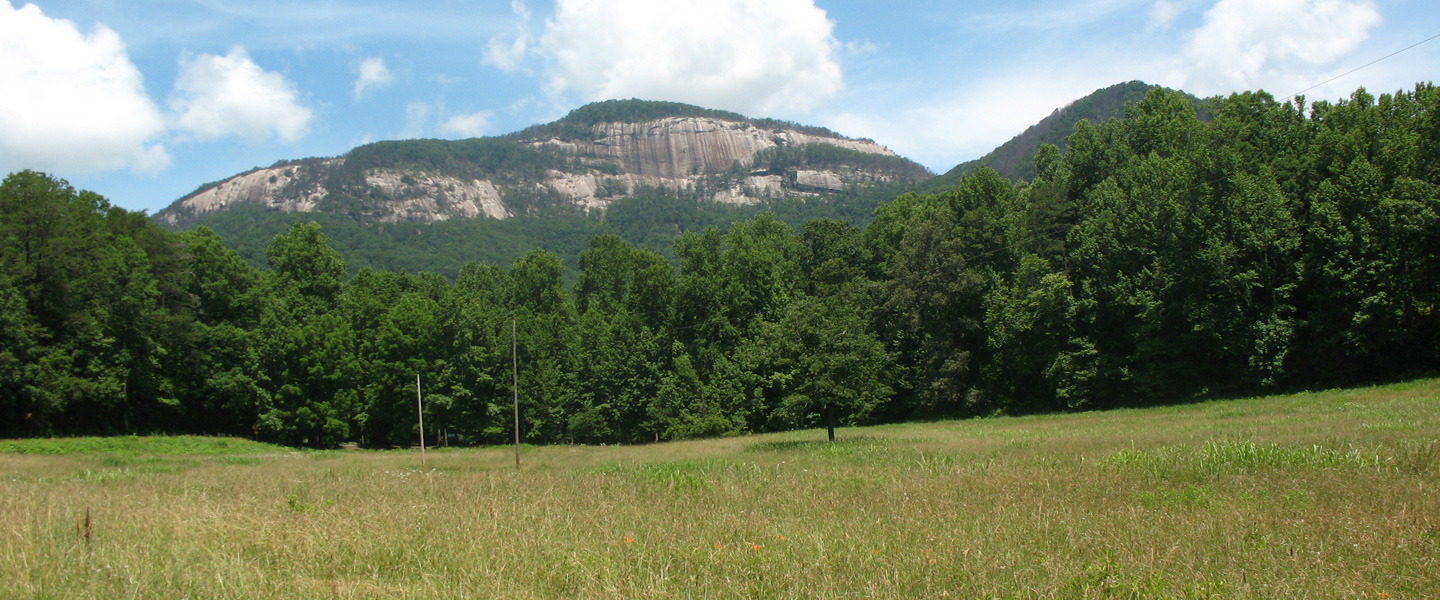We're hiring: Land Stewardship Specialist
This full-time position plays an integral role in our Stewardship and Land Management team by conducting annual monitoring visits to properties protected by conservation easements, interfacing with landowners, compiling reports, and more.
Legislative Updates 2021: January 25-29
February 1st, 2021
By Shelley Robbins
WEEK 3 IN THE STATEHOUSE
HIGHLIGHTS:
- Deep Dive: SC Conservation Bank
- Conservation Senate Briefing recording now available
- Bill updates; incinerator concerns
Three weeks down, fifteen to go in the 2021 session. The House made quick work of their Santee Cooper sale/reform bill H. 3194, passing it 89-26 and sending it over to the Senate (which also has a few Santee Cooper bills of its own). Many of the issues in the bill had been debated at length during the previous two year session, hence the speed. The House will now focus on the budget for the next few weeks. The State budget always originates in the House Ways and Means Committee, runs the House gauntlet, and then crosses over to the Senate.
Deep Dive: The South Carolina Conservation Bank
The South Carolina Conservation Bank (SCCB) is one of this state's cleverest creations. Launched by the Legislature in 2002, the Bank was made a permanent state agency in 2018 (read more here). Rather than functioning like an actual bank, the SCCB is appropriated funds by the Legislature, and then the agency uses a competitive application program to award grants for land protection across the state. Upstate Forever has many easements that were made possible by the Bank.
The Bank has provided funding to help protect 312 properties in the 10 county Upstate region since 2005. In 2020 alone, the Bank funded projects that protect 2,866 acres in the Upstate, ranging from a crucial one-acre parcel that secures public access to Big Rock in Pickens County to the 792-acre expansion of Stumphouse Mountain. Also protected in 2020 was additional land connected to Grant Meadow, the beautiful property on Highway 11 that sits at the base of Table Rock, seen below. This field could easily have been yet another housing development, privatizing the view of this beautiful state asset.

Expanded protection of Grant Meadow in Pickens County received SCCB funding in 2020.
The Bank has helped protect our incredible Blue Ridge Escarpment, endangered species such as Oconee Bells and Bunched Arrowhead, SC DNR Wildlife Management Areas and Heritage Preserves, state and local parks (such as Jocassee and Conestee), and even working farms that will never have to succumb to rabid Upstate development. An increasingly important category is the riparian zone — the lands around our streams and rivers that protect water quality, mitigate flooding, and enhance outdoor recreation. Land protection is both an economic driver and an inexpensive water quality and quantity regulator.
Bank funds are leveraged with landowner contributions, and federal, state and local dollars to provide incredible value. In their most recent year, according to Executive Director Raleigh West, the Bank spent $5.6 million appropriated by the Legislature to protect land worth $40 million. That's some serious leverage. Protection is accomplished through both fee simple acquisition and by conservation easement. This year the SCCB is requesting $15 million, which we think is an incredibly impactful investment.
Read the Bank's current annual report here. It's a beauty.
Conservation Senate Briefing and Bill Update
If you missed the Conservation Coalition Senate Briefing on Wednesday, you can catch the recording here. Upstate Forever's own Clean Water Advocate Megan Chase offered opening remarks on behalf of the Coalition Steering Committee, which she co-chairs. Topics included Santee Cooper, land protection, plastics pollution, and PFAS pollution in our water. It runs a tight 30 minutes.
As mentioned above, the House's Santee Cooper sale/reform bill H. 3194 has passed rapidly and is now assigned to the Judiciary Committee in the Senate. The Senate can either take up this bill or work on one of it's own bills, which include S. 444, which authorizes the sale of Santee Cooper, S. 439, which directs the sale of Santee Cooper's generation assets (power plants) and transfers its transmission system to a Regional Transmission Organization (RTO, more on what an RTO is here), and S. 464, which overhauls Santee Cooper's board and shifts oversight to the Public Service Commission. Why is Santee Cooper so important to the Upstate? Read last week's explanation here.
H. 3120, the Trails Tax Credit bill we featured here has gained bi-partisan co-sponsors, including Upstate Representatives West Cox, Stephen Long, Craig Gagnon, and Steve Moss. We are hoping this great bill will be taken up by the Ways and Means Committee right after they finish budget deliberations.
We are watching an emerging issue with concern. H. 3753 brings back the plastics pyrolysis deregulation from previous years and adds an alarming provision that opens the door back up to incineration in South Carolina. Incinerators are struggling to run clean operations in other parts of the country and may be setting their sights (again) on lax regulation in South Carolina. This would open the state to importation of out-of-state waste, something we constantly have to fight (remember Don't Dump On South Carolina?). South Carolina is not short on landfill and compost facility capacity for our own waste. We do not need to add dirty incinerators that are often sited in poor communities. I'm guessing this subject will warrant a future Deep Dive.
If you missed the first two weeks, previous weeks' updates can be found here.
Until next week...

Shelley Robbins
Energy and State Policy Director
ODDS AND ENDS AND ACTIONS:
Would you rather receive these weekly Legislative Updates in your inbox? You can sign up to do so right here. The Legislative Update will hit your mailbox every Sunday evening during session (January through May).
Did your senator or representative do something awesome this week? Tell them! Use this link to find out who represents you, and if you love a bill they are supporting, please let them know. You can also just use the link to tell them what is important to you.

